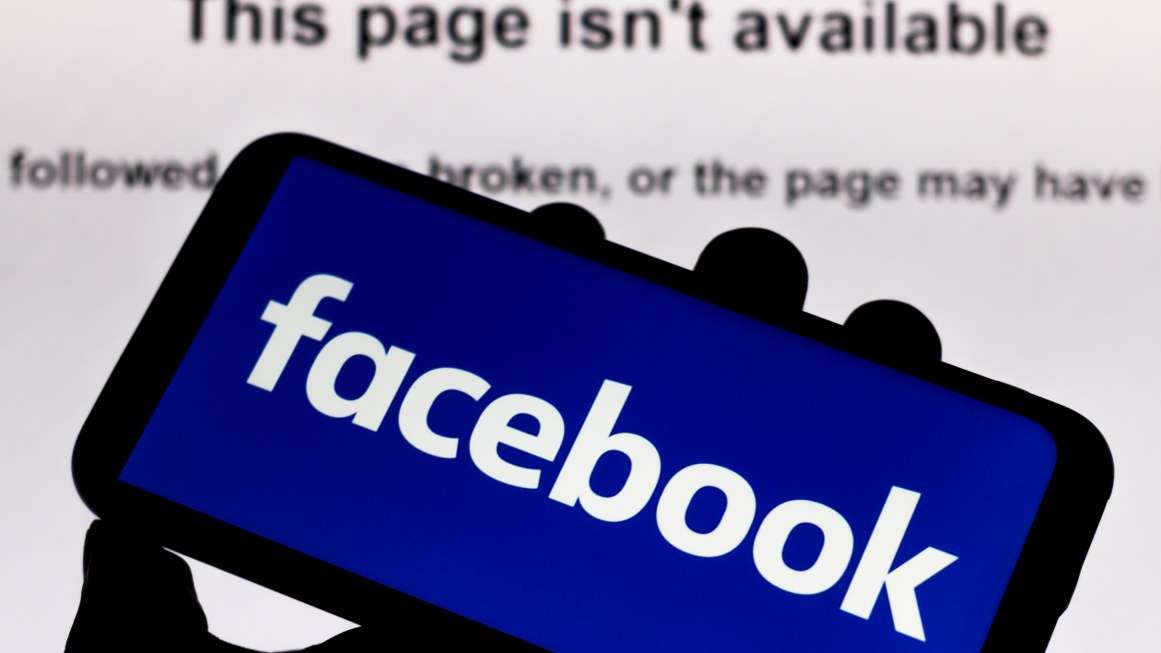Abridgement, Coercion and Freedom of Speech – Reply to Philip Hamburger
[ad_1]


Philip Hamburger, a Columbia Law Professor, has published a piece on the a Detail Post Responding to My earlier argument The courts should focus on coercion Murthy v. MissouriTwo state governments and other plaintiffs argued that federal agencies had violated the First Amendment when they pressed social media platforms to block certain posts. I appreciate Prof. Hamburger’s thoughtful blog post is much appreciated. But I am still unconvinced.
Prof. Hamburger heavily relies on the use “abridging”, in the Free Speech Clause in contrast to the “prohibiting”, in the Free Exercise Clause.
The First Amendment does not say anything about coercion. Prof. Somin acknowledges my argument in Courting CensorshipFirst Amendment bans government from “abridging”, or reducing freedom of speech. He fails to mention that the amendment also prohibits the government from “prohibiting the free exercise” of religion. The amendment’s contradictory uses of abridging The following are some examples of how to get started: Prohibition What is the meaning of life? Id, at 254.
The contrast shows that Prof. Somin misapplies to free speech the standard used in the amendment for free exercise. The word Prohibition It seems to refer to various forms coercion. When the First Amendment speaks of abridging It would seem that adopting a new measure of government action to protect this right would be a violation of the freedom of expression. It is illegal to reduce the freedom of expression, whether it be through coercion.
Thus, Prof. Hamburger concludes “even when a government acts with a complete voluntary cooperation and without any hint of force, it may still be abridging freedom of speech.”
There is a difference between “abridging”, and “prohibiting”. The former is a lesser standard than the latter and suggests that even minor restrictions can be unconstitutional. It is true that for a violation to occur, the government must restrict or “abridge” the thing. “freedom “Freedom of speech” (emphasis in original). There is no loss of liberty if you do not feel compelled to do so.
The act of refusing to engage with a certain type of speech can be considered a form if refusal. exercise This freedom is not to be taken for granted. The Supreme Court has consistently held that the right to refrain is a right of free speech. If a firm chooses not speak, then there is no violation to the right to freedom of expression, only the exercise of that right. This is true even if a private firm’s decision was made in response to noncoercive government persuasion.
If a government official convinces Reason I was asked to stop posting on their site because, according to him, my posts were unfair to the President and misrepresented the effects of his wonderful policy. There is no violation of free speech. On the contrary, Reason’s The decision would be an expression of that freedom.
Prof. Hamburger tries a distinction between this type of situation and the social media case, because in the latter the speakers’ consent was not obtained:
You may protest, as Prof. Somin does, that when the Government persuades Reason In refusing to let him post, the government is not violating his First Amendment rights. In his opinion, “that’s not any different” from the case where the government persuades platforms to suppress Dr. Jayanta Bhattacharya’s posts. Really, no different? Prof. Somin is a member of this blog and has been personally invited by the blog’s masthead to publish. Whereas newspapers publish their choice of submitted editorials, blogs publish anything a member of the blog posts, but either way, nothing gets published or posted except what has been chosen by the newspaper or blog through its selection of an editorial or blogger….
Unlike the platforms, anyone can post on them, at least until they are removed. This is their speech, not the platform’s. Not even the platforms claim otherwise…. When the government is given a platform by the platforms to remove posts, this suppresses the speech of other parties. Without their consent.
In reality, “anyone can post to the platforms until his posts are taken down.” They can do this only if they accept the “terms and conditions” of the platforms. These include restrictions regarding the types of speech allowed and the right to unilaterally change these terms. This last point is what makes Prof. Hamburger’s argument, that users did consent to the removal speech that does not violate terms of services. Users may have a claim for breach of contract if platforms impose restrictions which go beyond the terms of service. It would not, however, be a violation to the First Amendment. Facebook and Twitter/X, in summary, impose fewer restrictions on the content of their sites than the New YThe following are some examples of how to usek Times or ReasonThey still have them.
Prof. Hamburger also relies upon contract law’s recognition that various forms of information asymmetries and “pressure” which do not involve coercion but could still vitiate an agreement. Libertarian though I am I criticize many of these shifts. But, whether they’re justified or not, this doesn’t prove that “freedom” can be violated without coercion. In fact, these restrictions tend to be paternalistic. They restrict freedom in the name of welfare, and not to promote it.
It is ironic that Prof. Hamburger has a broad view of what is prohibited under the First Amendment in terms of non-coercive pressure from government to ban social media posts but a narrow view when it comes Texas and Florida try to force social media companies Host a speech they disapprove. In this second situation, there’s blatant and clear coercion.
My own position is, on the other hand, completely consistent: in both cases, government can use persuasion but not coercion. It cannot force social networking platforms to post content they don’t approve of or to block material that private firms would prefer. In both situations, the agency can use noncoercive means of persuasion. As I mentioned in my previous blog, various veiled threats are also coercive. In some cases, identifying them can create evidentiary problems.
There is a possible disagreement here that goes well beyond legal considerations. Prof. Hamburger is, in my opinion, deeply concerned that the removal of posts by social media firms will severely restrict the marketplace for ideas. I am not. The types speech federal agencies attempted to remove from social networking firms (e.g., anti-vaxxer statements, claims that Trump’s 2020 election was stolen, etc.). However, the content is still widely available on the internet and elsewhere. You can find it all on social media platforms. If there is a market demand for this kind of speech, media firms will have strong incentives to provide it—so long as government doesn’t suppress them.
Prof. Hamburger is correct that speech can be “public good”. It can also be “public bad” as when misinformation results in the adoption of harmful policies by government. Social media companies’ voluntary decisions are not a threat to this public good. Only systematic government coercion will likely endanger this public good.
[ad_2]


